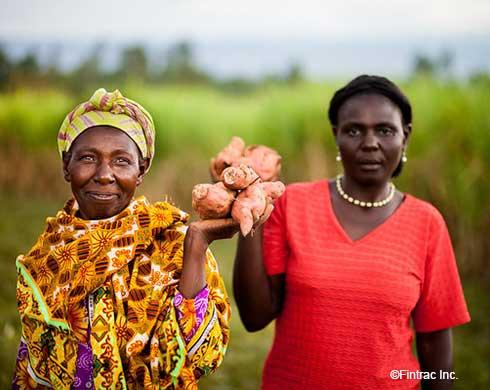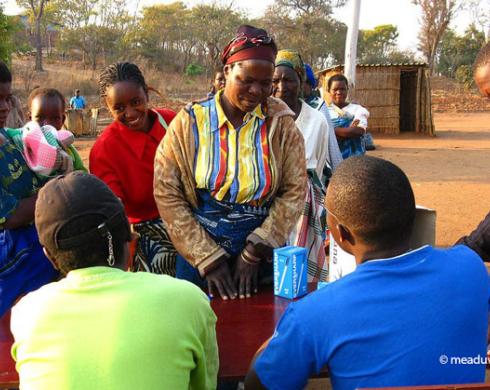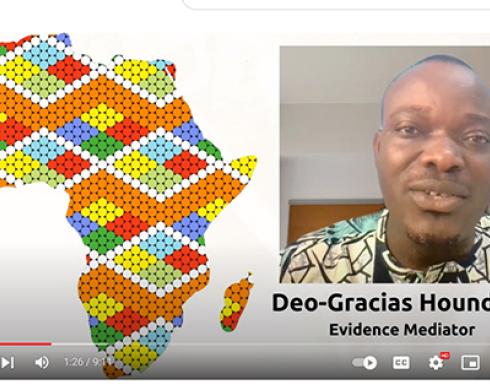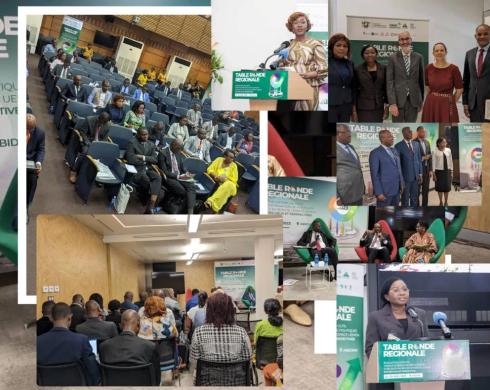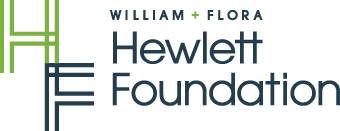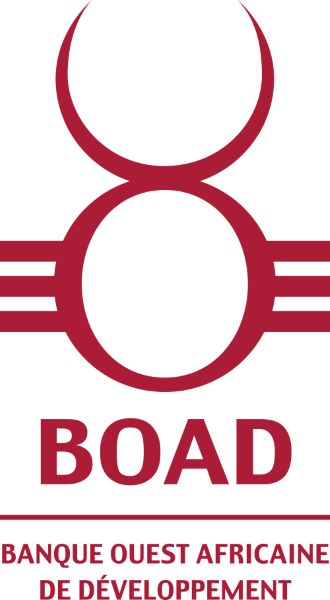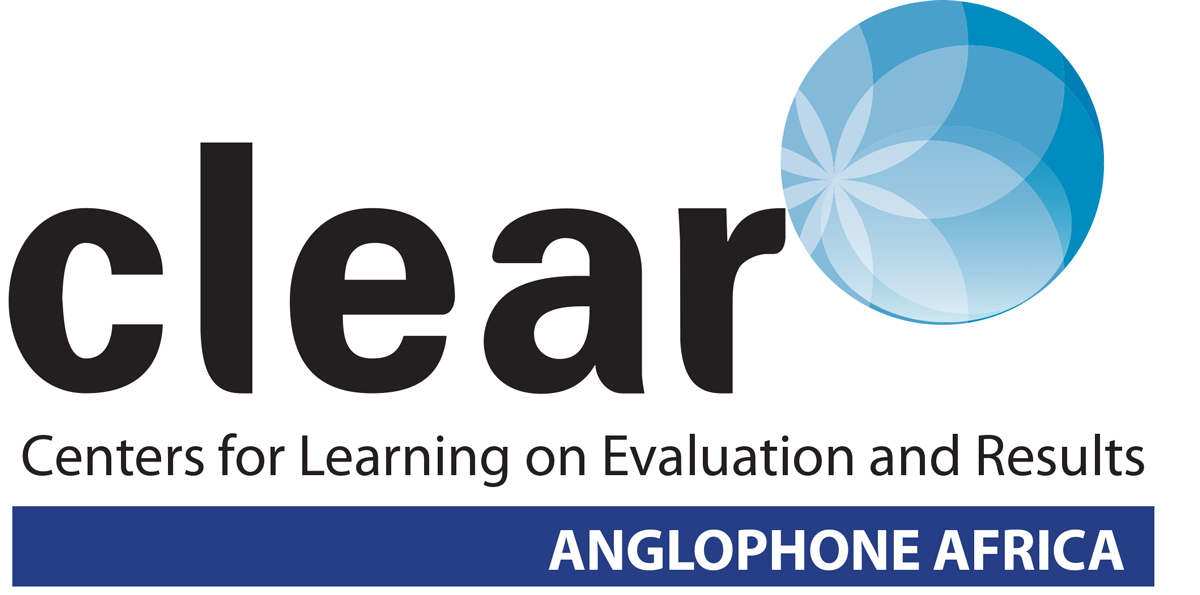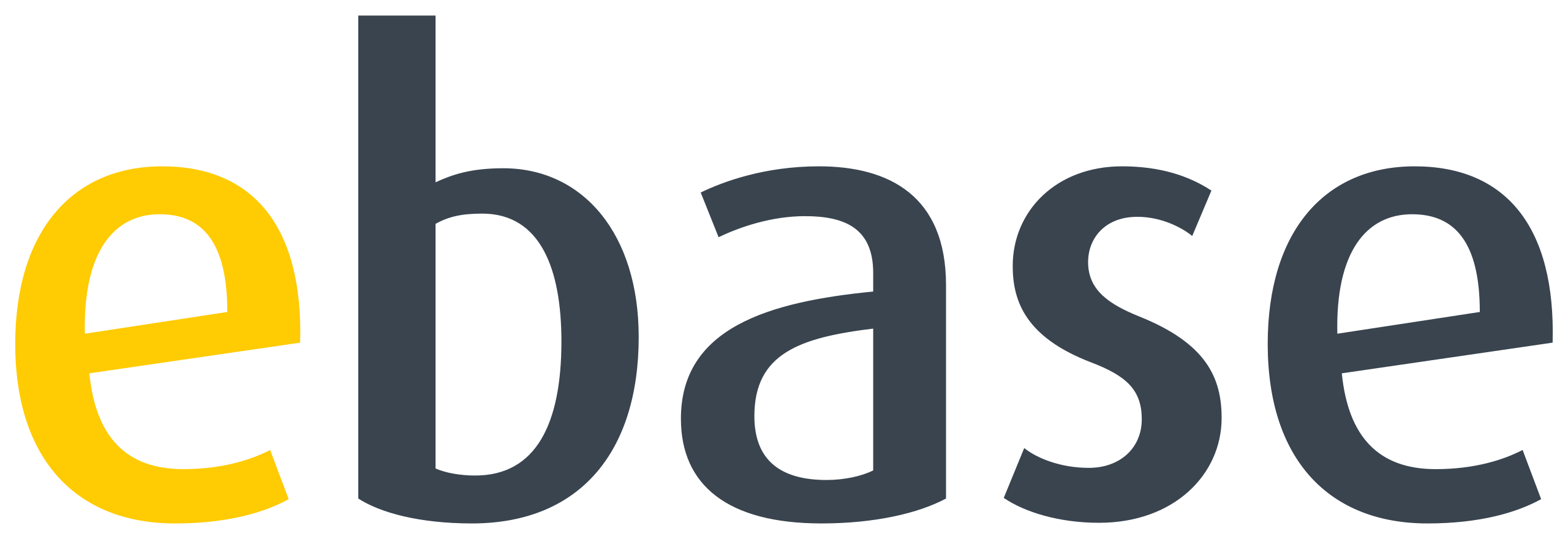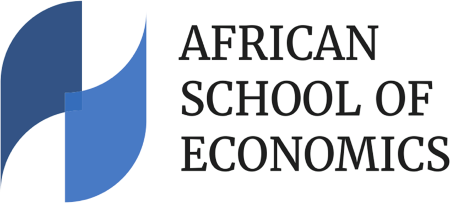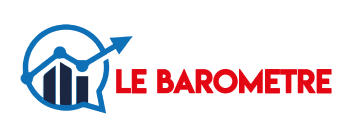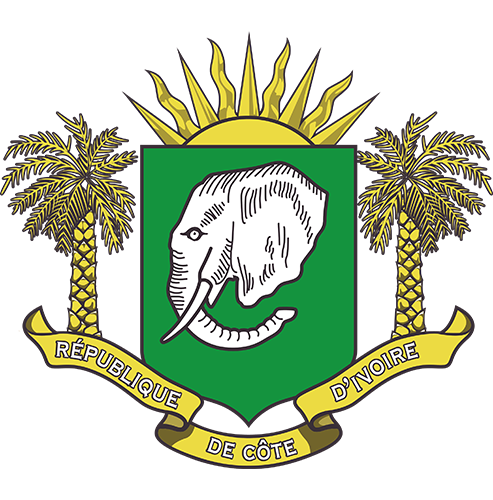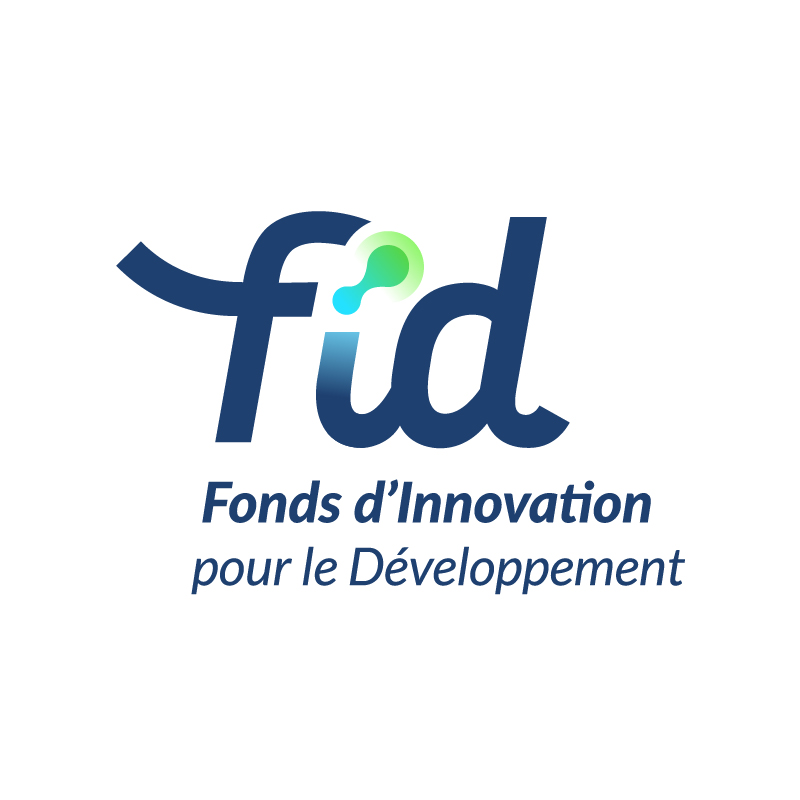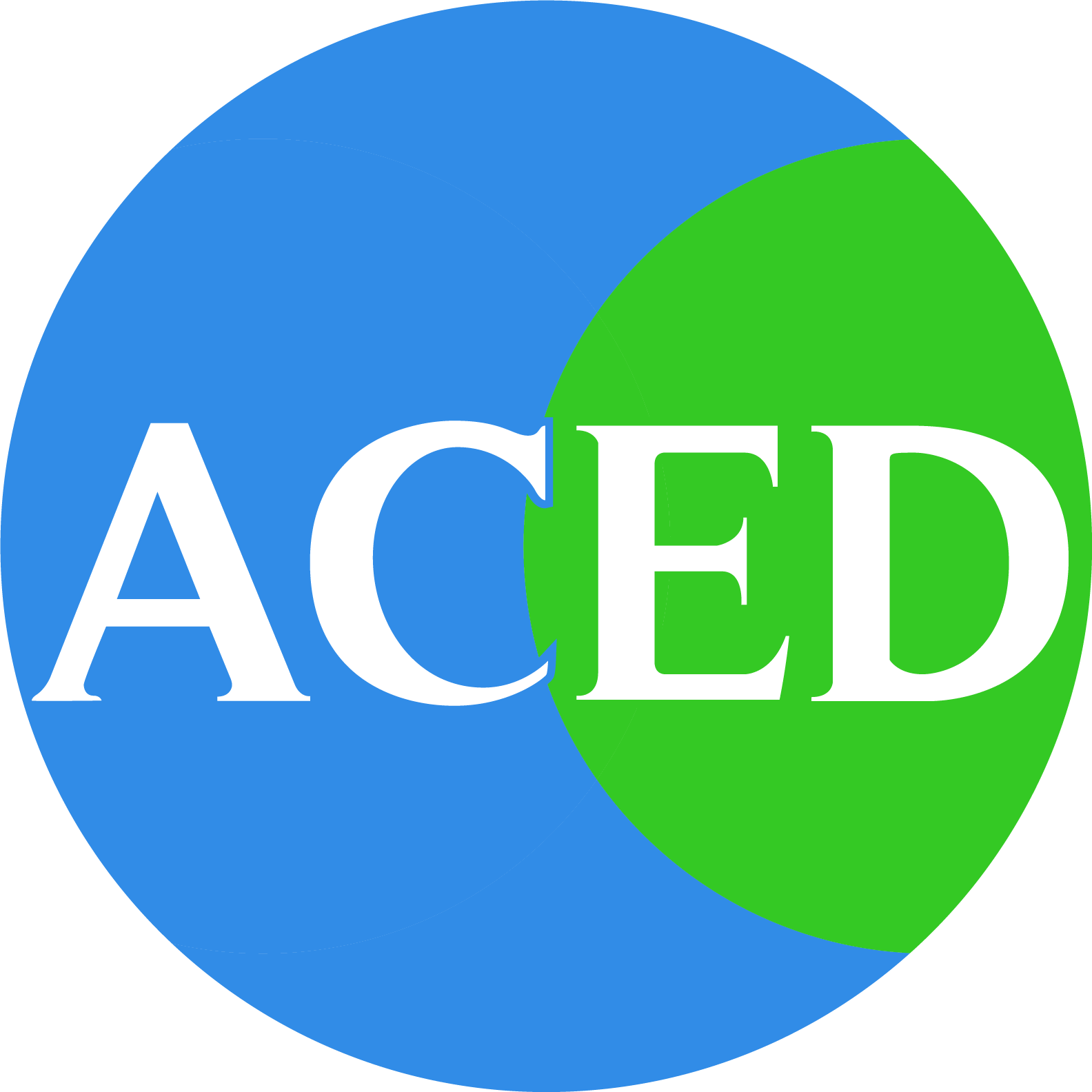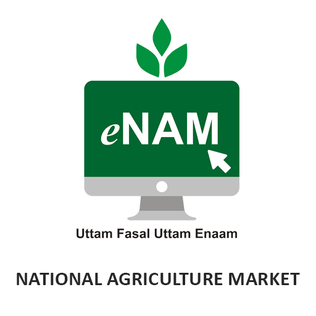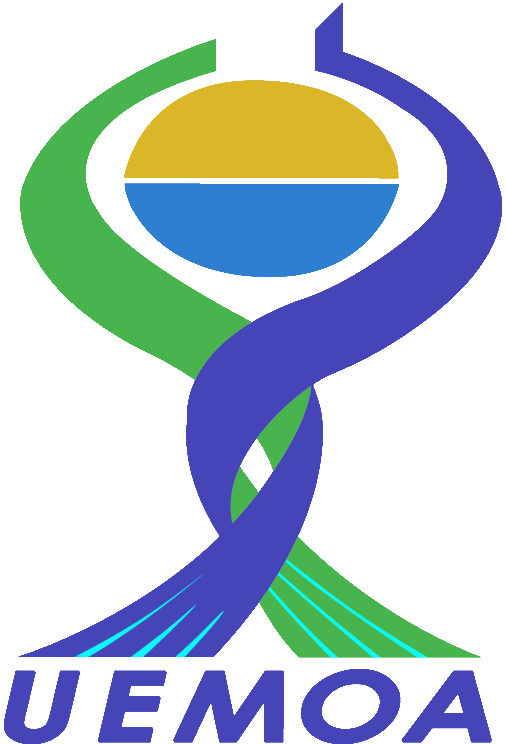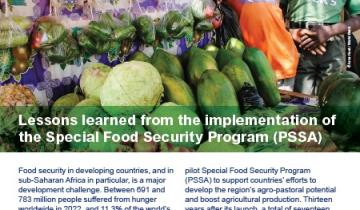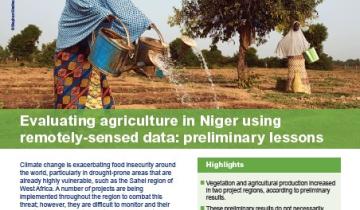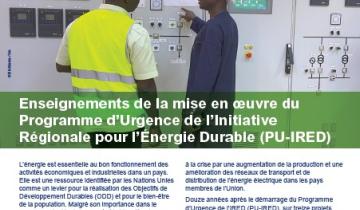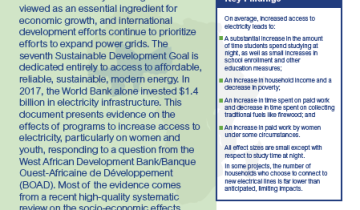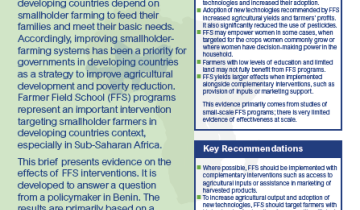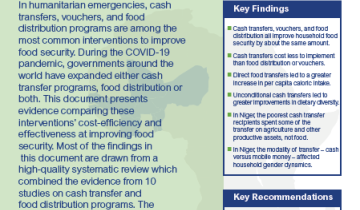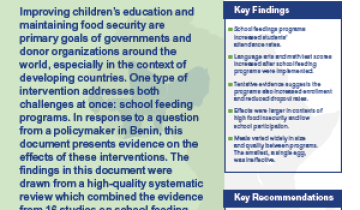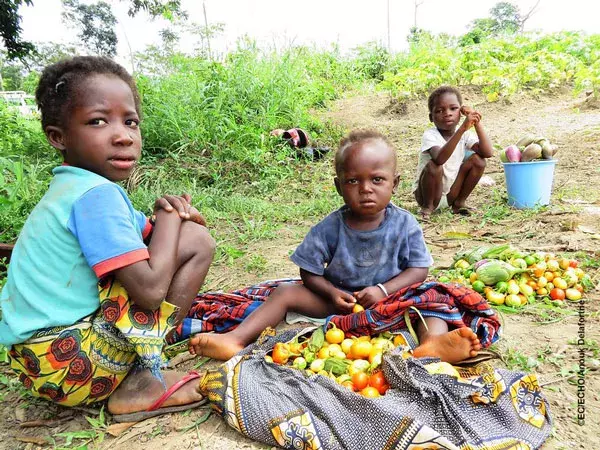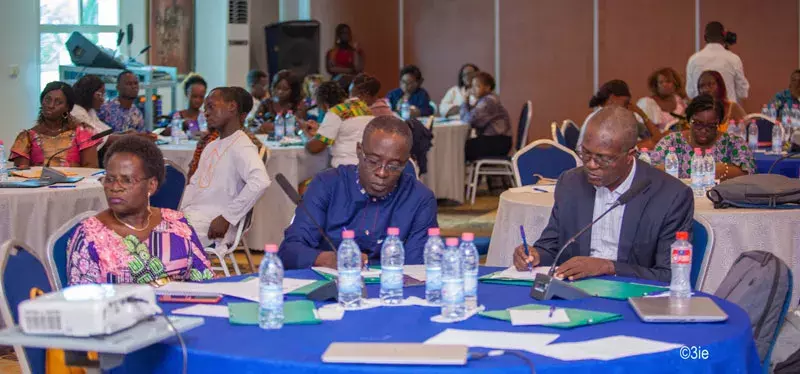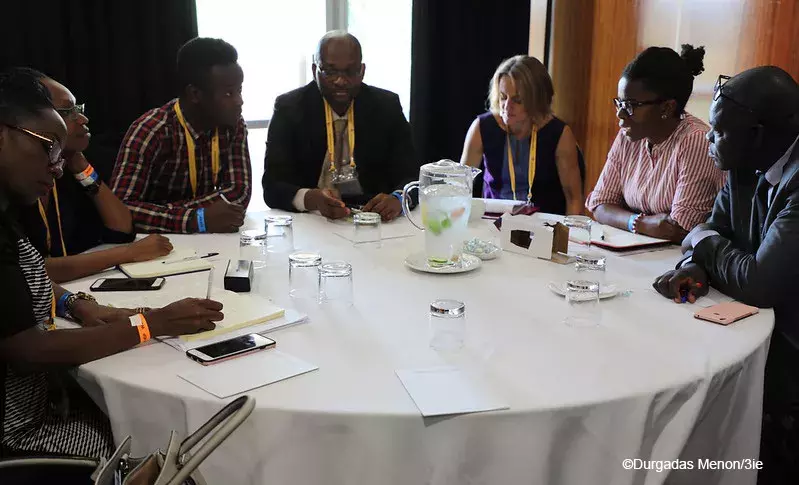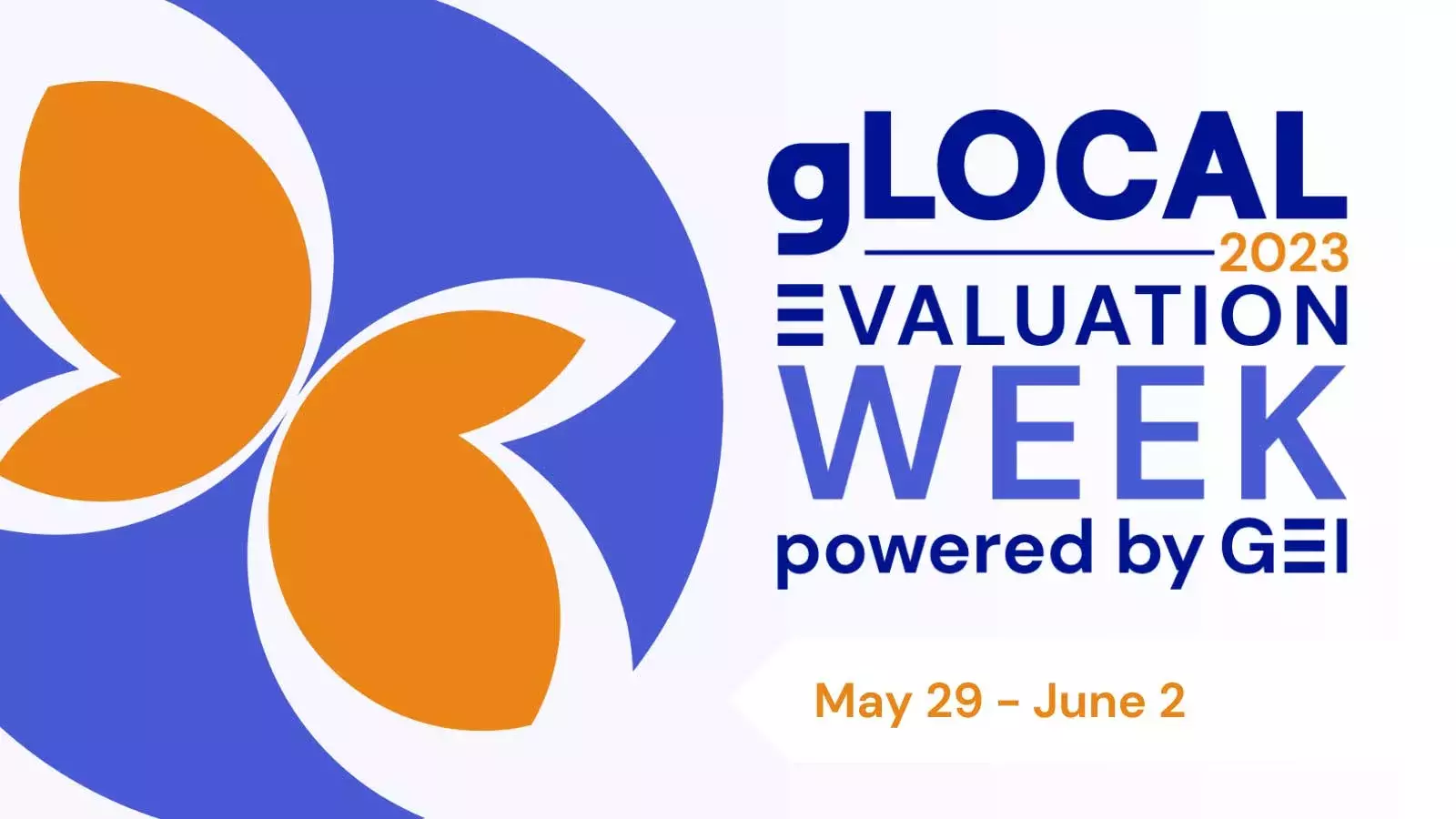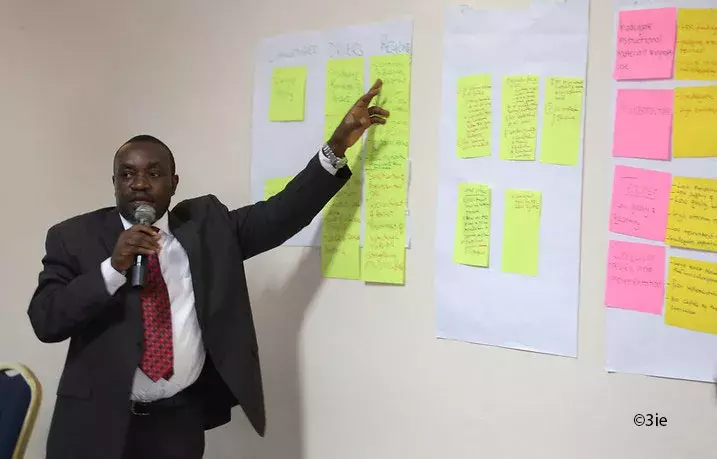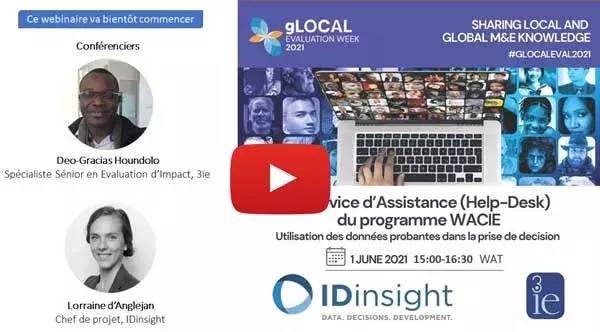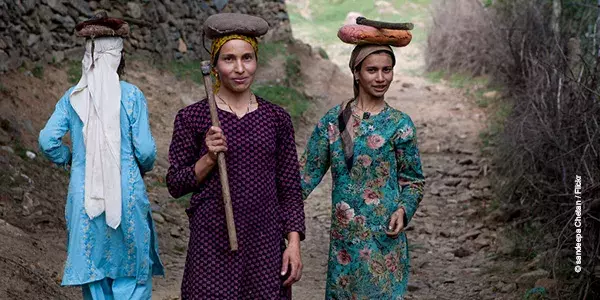West Africa Capacity-building and Impact Evaluation
The West Africa Capacity-building and Impact Evaluation (WACIE) program is a regional initiative that supports and promotes the culture of evidence-informed decision-making among high-level policymakers across eight countries of the West African Economic and Monetary Union (WAEMU): Benin, Burkina Faso, Côte d’Ivoire, Guinea-Bissau, Mali, Niger, Senegal and Togo. For more information, contact wacie@3ieimpact.org.

About the program
WACIE aims to promote evidence-informed decision-making among high-level policymakers in West Africa, especially those within the finance, economy and planning ministries. We envision a West African policy environment where leaders draw upon evidence and inform their decisions with rigorous research, complemented by a robust regional evaluation community that contributes to the evidence base. The program's current efforts are focused on three work streams: 1) providing actionable and timely information for decision-making through the WACIE Helpdesk; 2) generating capacity and adding depth and visibility to local researchers and policymakers; and 3) supporting the generation of rigorous, demand-driven evidence in the region by implementing evaluations with local teams and supporting those conducting evaluations.
The program is supported by the William and Flora Hewlett Foundation, the West African Economic and Monetary Union, and the West African Development Bank, among others.
WACIE Helpdesk
The WACIE Helpdesk, an initiative led by 3ie’s WACIE program, provides rapid synthesis and evidence translation services to help policymakers in West Africa understand what evidence exists for specific policy questions. It also connects them to additional resources, such as remote, telephone-based data collection or rapid-cycle program evaluation.
Projects
Support for M&E and sub-regional initiatives in West Africa
Impact Evaluations:
Innovation for the Health of Vulnerable People in Africa
Status: Completed
The Fund for Innovation in Development (FID) commissioned 3ie, along with our partner CH International/Togo, to evaluate the impact of Innovation for the Health of Vulnerable People in Africa (ISPV-Africa). The project aims to improve access to health services for vulnerable populations, including pregnant women and children under five in the rural areas of Togo Maritime Region and low-income populations in the urban area of Greater Lomé. Read more
Geospatial Impact Evaluation of Agricultural Intensification Program in Niger
Status: Completed
The West African Development Bank (BOAD) commissioned 3ie, along with our partner New Light Technologies, to evaluate the impact of the Agricultural Production Intensification for Food Security Project (PIPA/SA) in the regions of Tahoua et Tillabéri using remote-sensed data. The aim of the project is to increase irrigated crop production and rainfed crop production to mitigate the risks of food insecurity and climate change in Niger. This learning summary brief discusses the preliminary lessons from the ongoing evaluation.
Adequate Nutrition Program for Pregnant Women and Fetal Ultrasound Monitoring
Status: Cancelled
The Fund for Innovation in Development (FID) has commissioned 3ie, along with our partner the Permanent Secretary of the Food and Nutrition Council (Government of Benin), to lead the evaluation of the impact of Adequate Nutrition Program for Pregnant Women and Fetal Ultrasound Monitoring (ANPWF) in 24 communes in Benin. The program aims to set up individualized nutritional monitoring of pregnant women, as well as fetal growth monitoring, in order to reduce low weight among newborns.
Process Evaluations
Emergency Program of the Regional Initiative for Sustainable Energy
Status: Completed
The West African Development Bank (BOAD) commissioned 3ie to conduct a process evaluation of the Emergency Program of the Regional Initiative for Sustainable Energy (PU-IRED) in 2021. The emergency phase aimed to provide a short-term response to the crisis by increasing production and improving the transmission and distribution networks of electrical energy in the member countries of the WAEMU. This brief discusses the lesson learned from the process evaluation.
Special Food Security Program
Status: Completed
The West African Development Bank (BOAD) commissioned 3ie to lead a process evaluation to systematically assess the implementation of the Special Food Security Program (PSSA). As part of the program, BOAD supported 17 projects in the WAEMU region with the aim of enhancing self-sufficiency, food security, income improvement, and the integration of women and youth into economic life and land ownership.
Sub-regional initiatives
Annual Camp for capacity-building of evaluators in Benin
3ie sponsored the 3rd edition of the Annual Camp of Francophone Emerging Evaluators of Benin held at Kétou, Benin from 19-25 November 2023 organized by the African Institute for Monitoring and Impact Evaluation of Development Policies, Programs and Projects (The Barometer).
Le Barometer Incubation Center for Digital Solutions in Evaluation
3ie is partnering with our Benin-based local partner, Le Barometre, to leverage their expertise in digitalization and capacitate women to bridge the digital divide.
Regional Impact Assessment Training and Support Program
3ie collaborated with the CLEAR Regional Centre for Francophone Africa (CLEAR FA) to deliver a Regional Impact Assessment Training and Support Program (PRéFA-EI) for implementors of projects, programs and interventions in the agriculture and rural development sector. The aim of the program was to systematize and strengthen the quality of the practice of impact evaluations in Francophone Africa in general, and particularly in the French-speaking countries of the WAEMU zone.
Impact
Scaling up school infrastructure improvements in West Africa
The West African Development Bank (BOAD) commissioned the WACIE helpdesk to produce a rapid-response brief to examine the effects of infrastructure improvements on students in primary schools. The findings of the rapid response brief informed deliberations at BOAD in favor of improving school infrastructure and resulted in the scale-up of the program to four countries in West Africa: Côte d'Ivoire, Mali, Niger, and Senegal.
Read more in this impact story.
Strengthening Cote d'Ivoire's nutrition strategy with rapid evidence
Côte d'Ivoire faces substantial nutritional challenges, with 17% of children under five experiencing stunting and over 6% exhibiting wasting in 2021. In response, 3ie’s WACIE Helpdesk supported the government's efforts to eradicate malnutrition by providing up-to-date evidence to inform and improve its strategy to enhance the effectiveness of nutrition interventions across the country.
Resources
WAEMU national evaluation systems 
Each country differs in how it structures its institutions charged with producing evaluations and incorporating their findings into policy decisions. WACIE has mapped out the evaluation systems of each WAEMU country, drawing from the expertise of our on-the-ground focal points in each WAEMU country and a scoping study conducted by a Johns Hopkins University team. Visit our page on WAEMU national evaluation systems to learn more about the institutional arrangements in each country, their strengths, and the challenges they face.
Course: Accessing, understanding, and using evidence to improve design and implementation
 This course in French is offered by ACED and 3ie, with support from USAID, and helps in learning how to access, understand, and use evidence to improve the design and implementation of food security and nutrition interventions. Click here for more.
This course in French is offered by ACED and 3ie, with support from USAID, and helps in learning how to access, understand, and use evidence to improve the design and implementation of food security and nutrition interventions. Click here for more.
In this guide, ACED and 3ie provide decision-makers in the food security and nutrition sectors with some tips and good practices illustrated by real examples. This guide will be useful for both evidence producers and users in their journey to evidence-informed decision-making. The production of this guide was made possible by a grant from The Implementer-Led Design, Evidence, Analysis, and Learning (IDEAL) Activity, with support from USAID.
Read the guide || View interactive PDF
Bridging the gap between research and public policy
In this video, Anca Dumitrescu, Lead Evaluation Specialist, 3ie, explains how our newly-launched study of the new FID-funded nutrition program in Benin will measure the degree to which the program achieves its goals towards providing regular health and nutrition monitoring of pregnant women, and related services.
